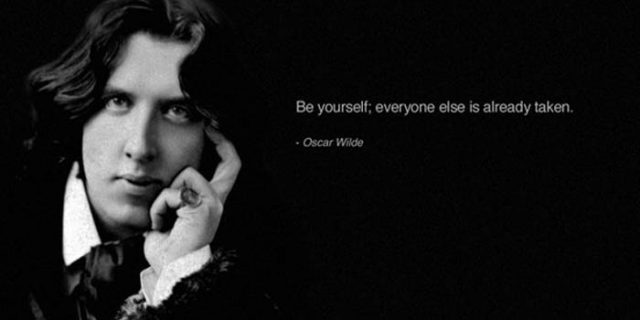Every time it is difficult to narrow down the huge list of authors into only 15. Even if some of these names are unfamiliar, their stories and their legacy are exactly what ought to be celebrated in present days.
So, whether one is celebrating these authors as a fan of stories that shaped our childhood, or as older students who are wondering what their place is within a bizarre society, let us pause for a moment and remember the brilliant minds that influenced modern day culture as we know it. Happy birthday, April’s 15.
1. April 1, 1911: Augusta Baker
Aside from being the first African American woman appointed as coordinator of children’s services at the New York Public Library, Baker was also the first children’s book author whose characters were positive African American role models.
Some of her works include The Talking Tree, Young Years, and Storytelling: Art and Technique.
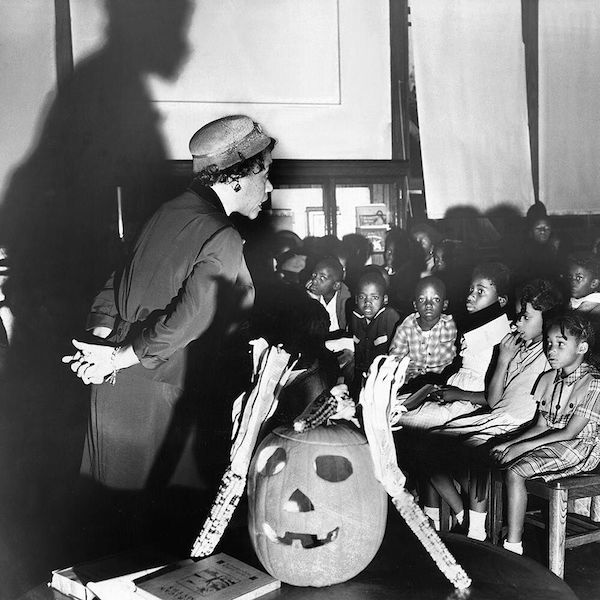
Source: Infosnack
2. April 2, 1805: Hans Christian Andersen
The Danish author of beloved fairy tales such as The Little Mermaid, The Ugly Duckling, and The Snow Queen (among many, many more). His short story in 1829 caught the king’s attention, who granted Andersen the opportunity to continue working on his writing skills by traveling across Europe.
It was in 1835 that Hans Christian Andersen began to focus more on writing fairy tales.
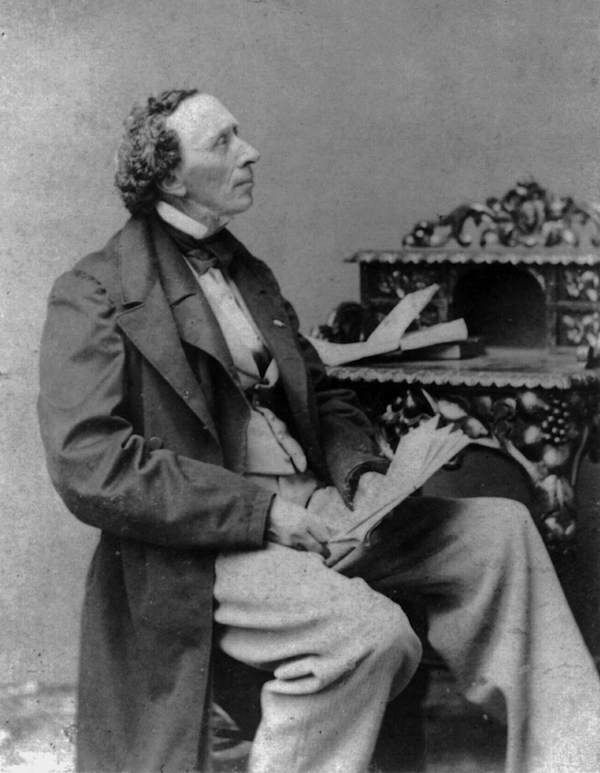
Source: Wikimedia Commons
3. April 3, 1934: Jane Goodall
Goodall’s constant interaction with chimpanzees led to her discovering more about just how intelligent these primates are–how their social structure works, their occasional meat-eating habits, and how they developed their own language system.
Her published books, In the Shadow of Man, Through a Window, and The Chimpanzee Family Book are meant to inform others about her findings and her standing position against the unethical treatment of chimpanzees during animal research.
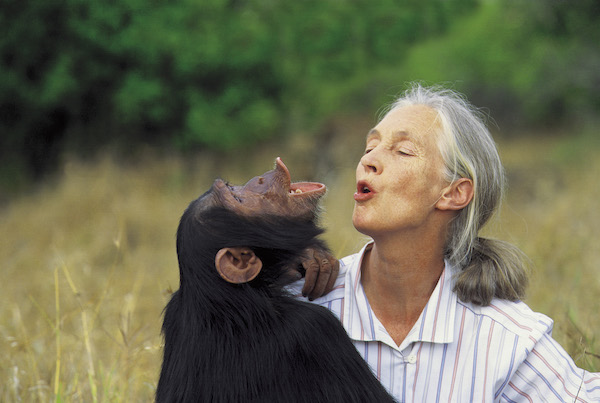
Source: Pinterest
4. April 4, 1928: Maya Angelou
The first African American woman to publish a nonfiction bestselling novel (and also the first African American woman to work as a cable car conductor).
Her memoir, I Know Why the Caged Bird Sings turned her into an international star and paved the way for later accomplishments, including the production of her screenplay Georgia, Georgia, a collection of poems nominated for the Pulitzer Prize, and an equally successful acting career.
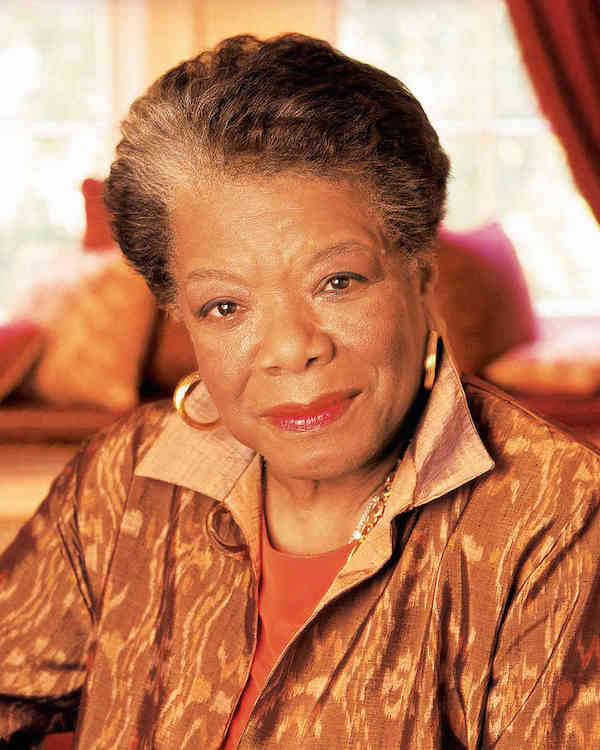
Source: The Source
5. April 5, 1917: Robert Bloch
Behold the winner of both the Bram Stoker Award and the World Fantasy Award, and the author of several published pieces of horror and thrillers. If you’ve ever seen Alfred Hitchcock’s Psycho, you have Robert Bloch to thank, as he wrote the book that inspired Hitchcock’s film.
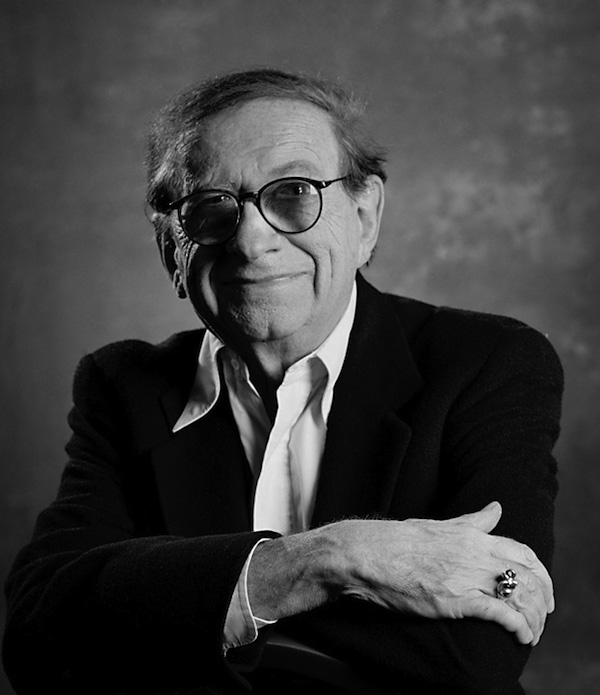
Source: Aaron Dries’ Blog
6. April 8, 1955: Barbara Kingsolver
The Bean Trees, The Poisonwood Bible, and High Tide in Tucson: Essays From Now and Never might ring a bell in your mind. If they do, you’ve had the pleasure of reading a Barbara Kingsolver novel.
Kingsolver also established the Bellwether Prize for Fiction in the year 2000 as a way to sponsor unpublished writers with a knack for topics such as positive social change.
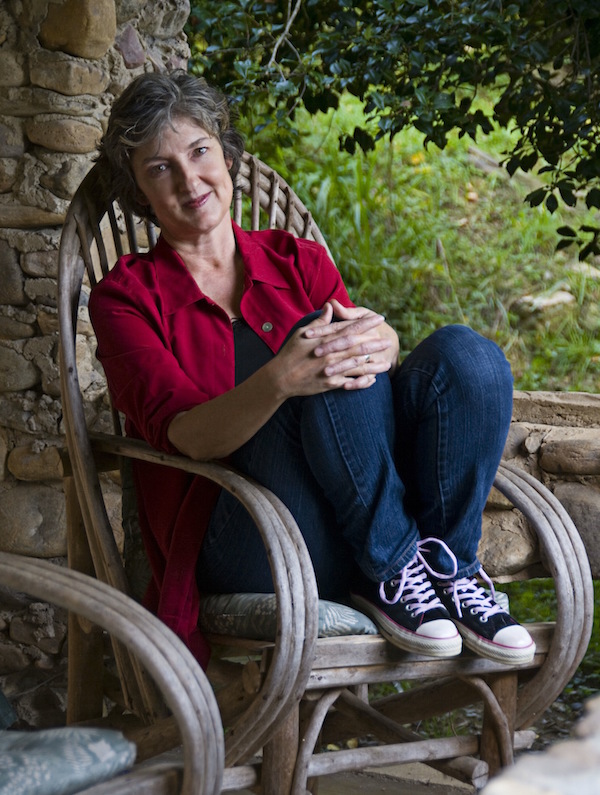
Source: The Revivalist
7. April 11, 1908: Leo Rosten
An American author best known for his novels on Yiddish (nope, that is not a typo) and for the hilarious experiences in the life of immigrant night-school student Hyman Kaplan. If you are a fan of Yiddish, this is the author for you.
A few of his publications: The New Joys of Yiddish, The Education of H*Y*M*A*N K*A*P*L*A*N, and Leo Rosten’s Carnival of Wit: From Aristotle to Woody Allen.
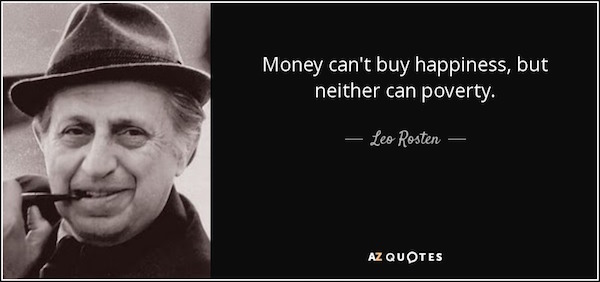
Source: AZ Quotes
8. April 12, 1916: Beverly Cleary
Do send her a birthday card for her upcoming 101st birthday! Cleary is the witty mind behind beloved children’s books such as The Mouse and the Motorcycle, the Ramona Quimby stories, the Henry Huggins series, and Dear Mr. Henshaw (which gave a child’s perspective of his parents’ divorce).
The most special aspect of Cleary’s writing style is how her characters grow up along with the readers, and children learn important values while laughing and being entertained by realistic, fun stories.
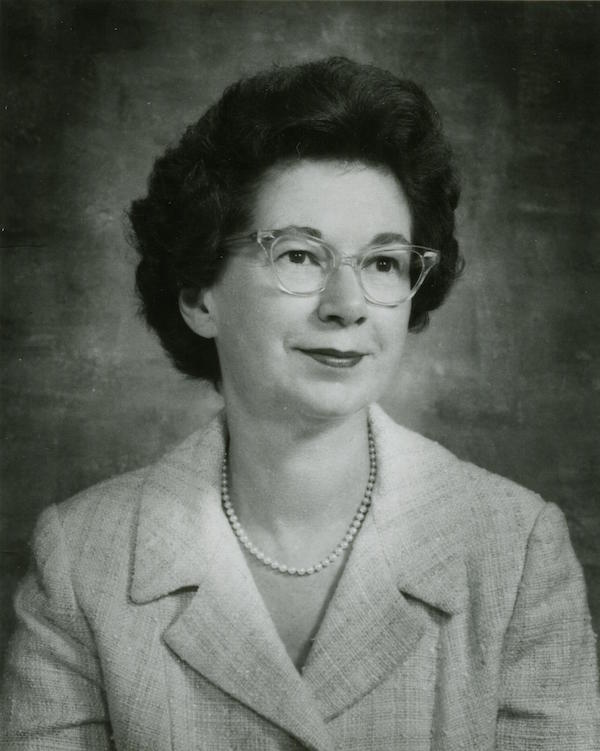
Source: Simple English Wikipedia
9. April 13, 1903: Samuel Barclay Beckett
The Irish author who won the Nobel Prize in Literature in 1969. Beckett was under the instruction of James Joyce himself, during which time he met people who would later influence significant characters in his stories.
His play, Waiting for Godot, became an international spotlight and ran for 400 performances.
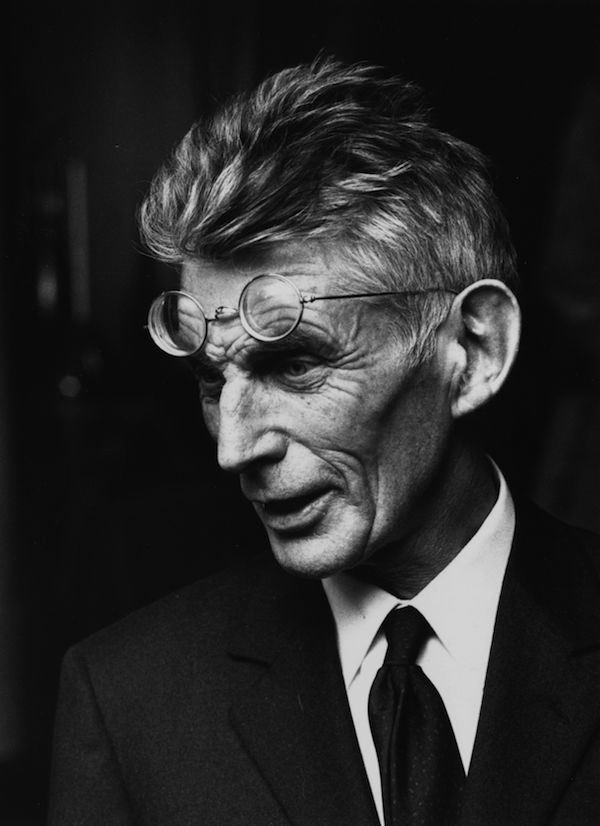
Source: Alchetron
10. April 21, 1816: Charlotte Brontë
Jane Eyre, now known as a Western classic, was an immediate hit during its publication, despite the controversy surrounding Charlotte Brontë’s raw depiction of how women from the lower class were treated in society.
Her two other publications were Shirley and Villette, which were received with positive reviews, but did not have as much of an impact as Jane Eyre.
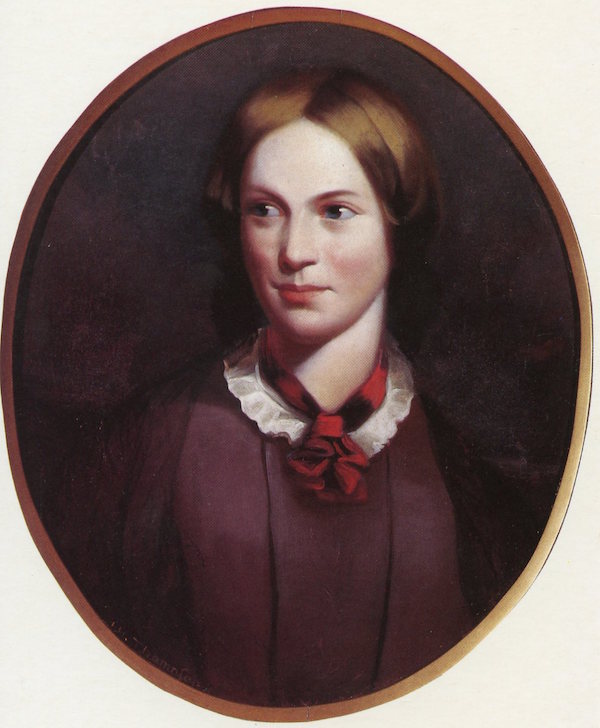
Source: Something Rhymed
11. April 21, 1947: Barbara Park
Barbara Park is most appraised for the Junie B. Jones series, with over 60 million copies sold in the United States. Besides Junie B. Jones and her hilarious adventures as a kindergarten student and a first grader, Park published more than 50 books, and won more than 40 awards in total.
Regrettably, Park died in November 15, 2013 after fighting ovarian cancer for seven and a half years.

Source: USA Today
12. April 23, 1564: William Shakespeare
The maneth who plagued thine high school English class…eth.
Alright, his writing style was far more complicated than throwing a couple of ‘eth’s at the end of specific words. Here is the man; the mighty pen behind Romeo and Juliet, the Scottish play, Hamlet, Othello, A Midsummer Night’s Dream, and many, many more.

Source: Emily’s Poetry Blog
13. April 27, 1882: Jessie Redmon Fauset
The Crisis editor appointed by W.E.B. Du Bois; Jessie Fauset built her legacy by supporting fellow promising authors during the Harlem Renaissance. Her novels typically dealt with the correct portrayal of African Americans, along with the limited opportunities they were given due to racial inequality.
Her two best-received novels were There is Confusion and Plum Bun: A Novel Without a Moral.
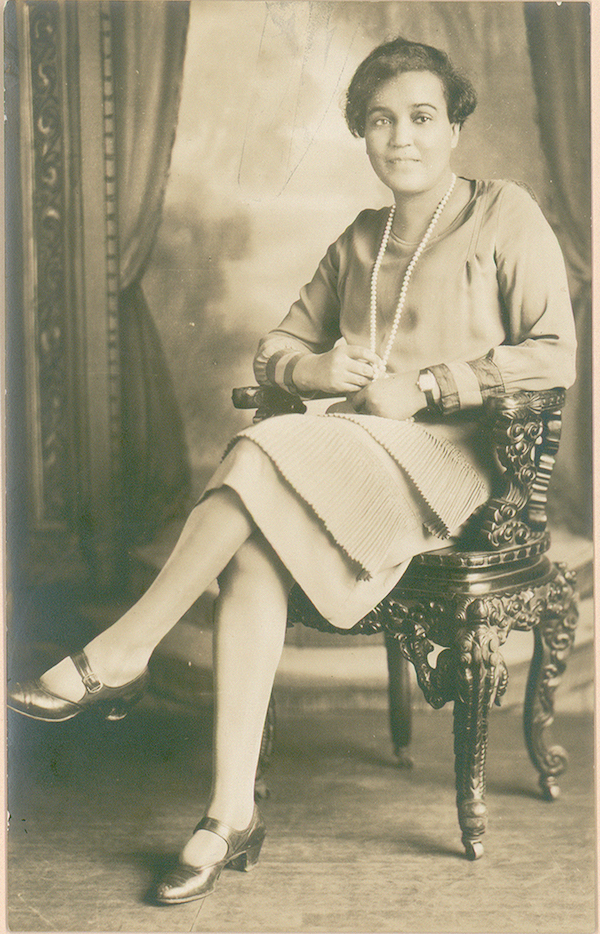
Source: Alchetron
14. April 28, 1926: Harper Lee
Harper Lee is most known as the Pulitzer-Prize winning author of the American classic To Kill A Mockingbird, which has been translated into more than 40 languages and still sells more than a million copies every year.
Contrary to popular belief, To Kill a Mockingbird was not the first novel Harper Lee wrote, but rather the first novel she ever published. The book’s sequel, Go Set a Watchman was technically the first ever written, although it was published decades later.

Source: Alabama Today
15. April 30, 1877: Alice B. Toklas
Toklas first met literary legend and future life partner Gertrude Stein in Paris. Toklas was in charge of typing Stein’s manuscripts for her, and a friendship soon developed between the two. Friendship turned into love, and the couple moved in together in 1910.
In 1954, Toklas published The Alice B. Toklas Cook Book, which merged delicious recipes with a few of her experiences with Stein. She published a second acclaimed cookbook, Aromas and Flavors of Past and Present in 1958.
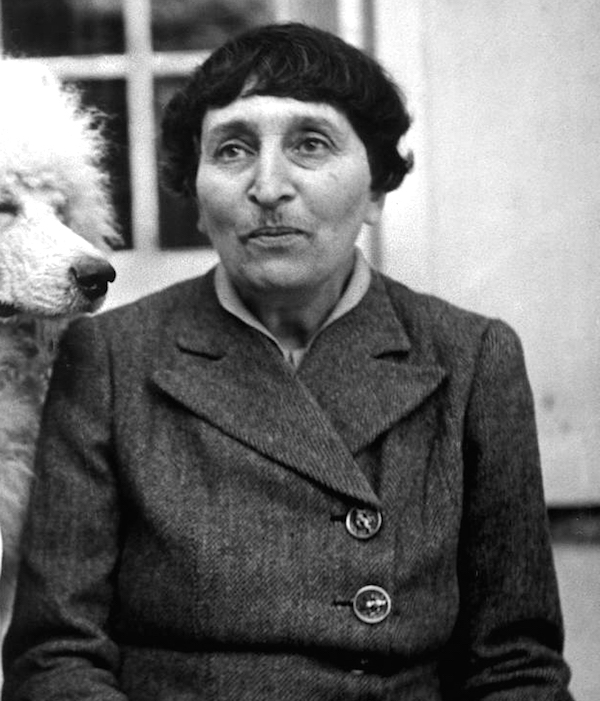
Source: Pinterest
Maybe this time around we can celebrate with ice cream instead of cake. Or, best of both worlds, ice cream cake.
https://www.youtube.com/watch?v=VnkAN3XQAJ8
YouTube Channel: Fungy009
Featured image via Pixabay
